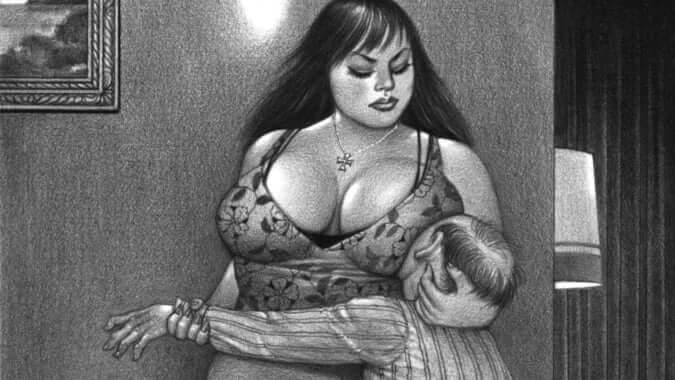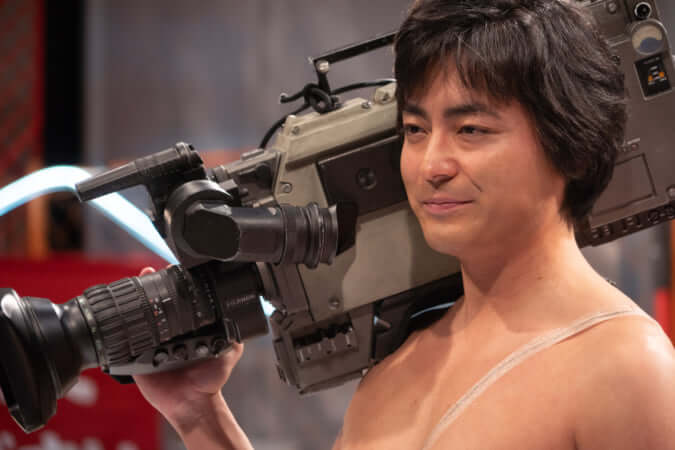‘Little Miss Sumo’, the Strength of Women
In this short film, Hiyori Kon fights to win the title of world champion and shatter gender inequality in Japan.
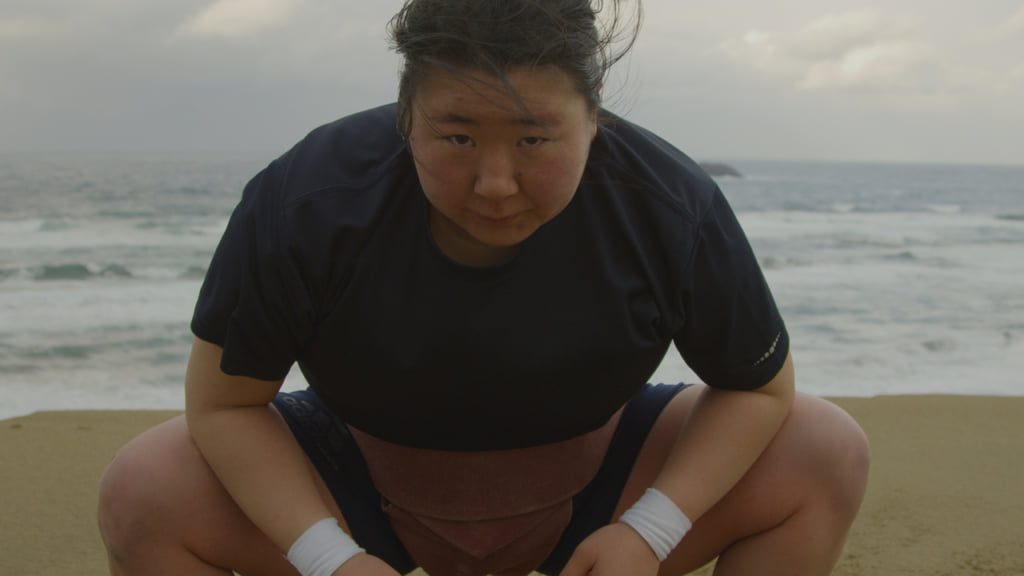
© Netflix
The world of sumo wrestling is a world of its own, a fantasy sphere where the codes of a secular culture endure. In the professional heya where these exceptional wrestlers train, men rule. This is for one simple reason: as women are considered impure according to Shintoism, they are forbidden to set foot in the wrestling ring.
Professional sumo wrestlers, considered demigods, are therefore one of the visible symbols of the patriarchal division that exists in Japanese society. And this division is precisely what Hiyori Kon, a 20-year-old sumo wrestler, seeks to break down by setting her sights on becoming world champion. ‘In Japan, the ideal woman is reserved and walks three steps behind the man. Women aren’t supposed to be seen’, the young woman explains, before continuing, ‘that’s why some people don’t like us.’
A career with no prospects after university
In this 19-minute short film, British director Matt Kay follows Hiyori Kon from the heya in Osaka, where she trains, to the snowy landscapes of the Aomori region, where she hails from and where most of her family still live. The viewer witnesses her training and physiotherapy sessions, but also her discussions with her mother, who has always been one of her firmest supporters.
‘I believe that if I work hard, women in sumo wrestling will no longer be discriminated against. I continue to fight’, the young woman explains. This immersion in her everyday life precedes the culmination of the documentary, namely her participation in the world championships—we won’t say anything about the outcome of the competition in order not to break the suspense.
Little Miss Sumo is therefore more of a statement of advocacy for the fight against gender inequality in Japan, made through the voice of Hiyori Kon, a fully-fledged sumo wrestler who will soon have to abandon the ring. Indeed, women in sumo wrestling do not have any prospects available to them once they have completed their school or university education. But the young woman does not plan to give up her fight just yet, and even encourages her fellow women to join her ranks: ‘If we speak out as female sumo wrestlers, if we work to spread the word about female sumo wrestling worldwide, I think people will join us in the fight against gender inequality’, she concludes.
The documentary offers a vision that complements the photographic project undertaken by Nicolas Datiche in a heya in Tokyo in 2016, entitled Joshi sumo.
Little Miss Sumo (2018), a documentary directed by Matt Kay, is available on Netflix.
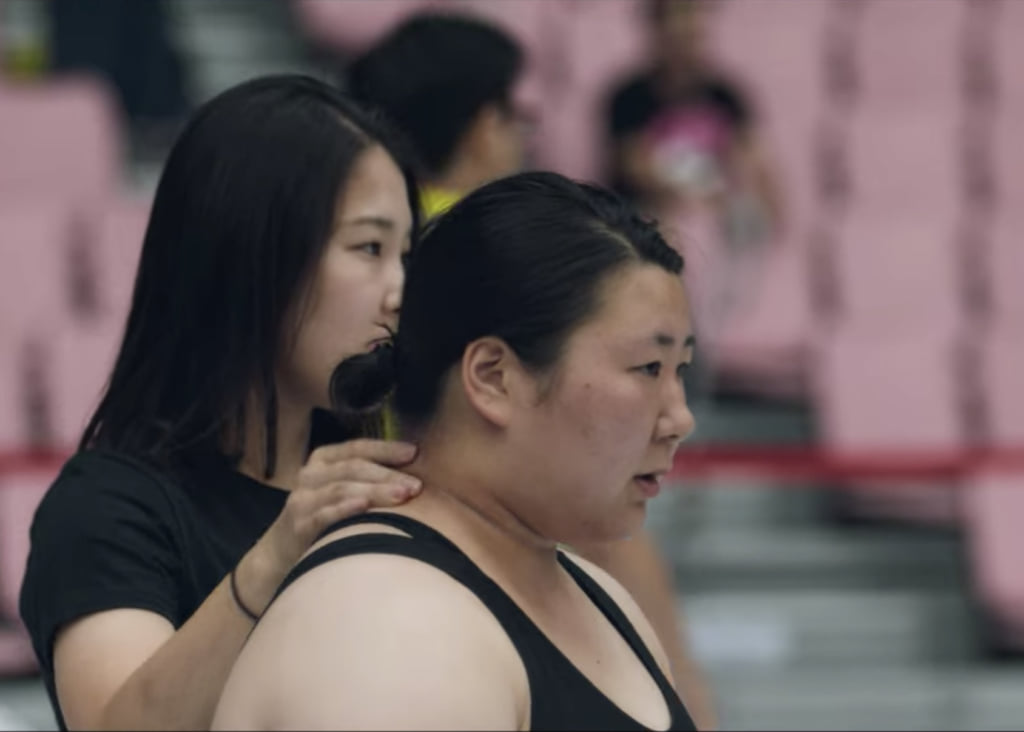
© Netflix
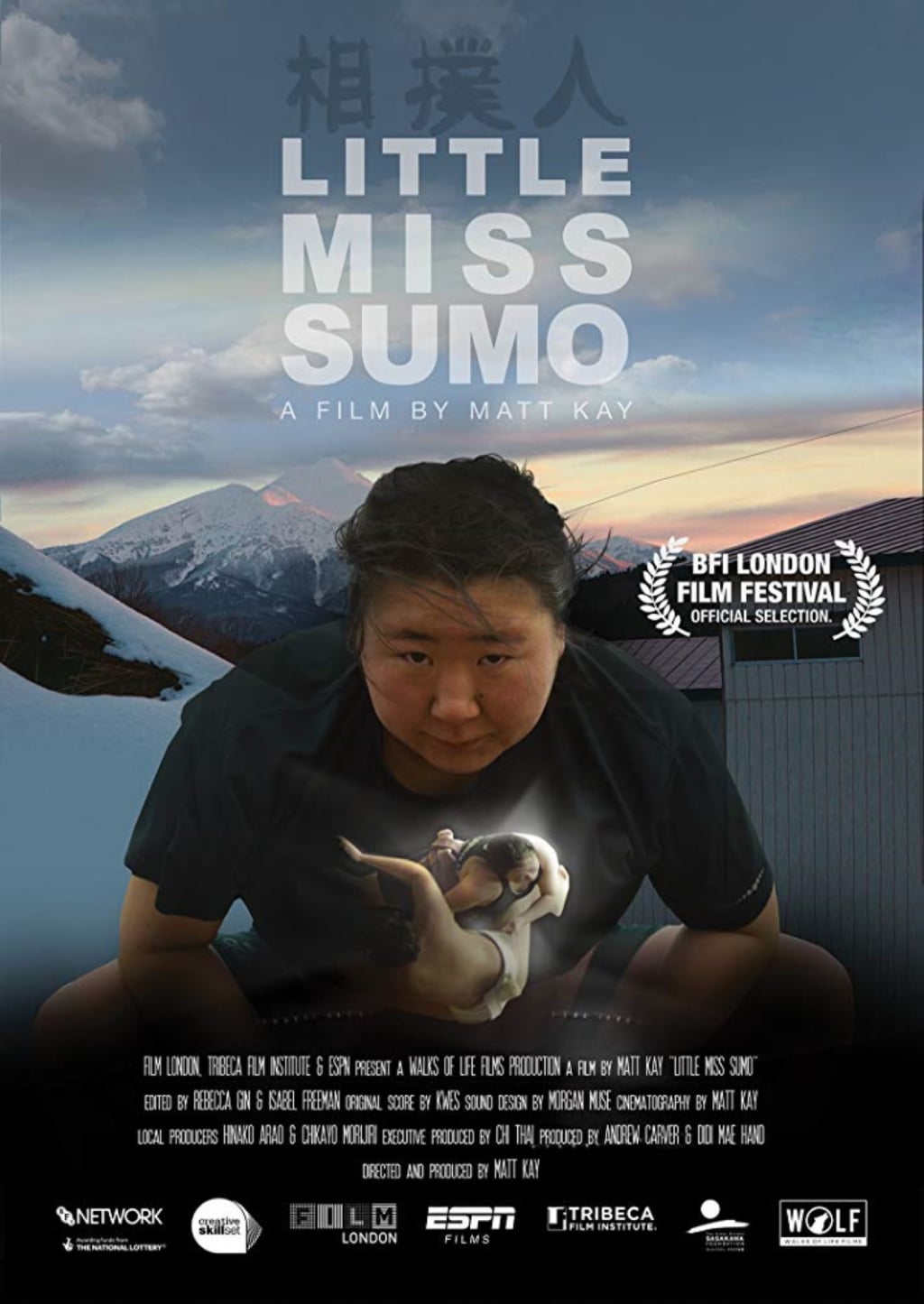
© Netflix
TRENDING
-
Ishiuchi Miyako, A Singular Perspective on Women
Recipient of the 2024 Women in Motion Award, the photographer creates intimate portraits of women through the objects they left behind.

-
Recipe for Ichiraku Ramen from ‘Naruto’ by Danielle Baghernejad
Taken from the popular manga with the character of the same name who loves ramen, this dish is named after the hero's favourite restaurant.

-
Namio Harukawa, Master of Japanese SM Art
'Garden of Domina' offers a dive into the world of an icon of ‘oshiri’, whose work has now reached a global audience.

-
The Tattoos that Marked the Criminals of the Edo Period
Traditional tattoos were strong signifiers; murderers had head tattoos, while theft might result in an arm tattoo.

-
The Emperor of Japanese Porn is Now the Star of a Netflix Series
Deliciously funny, The Naked Director especially succeeds in reviving the atmosphere that was so characteristic of 1980s Japan.



